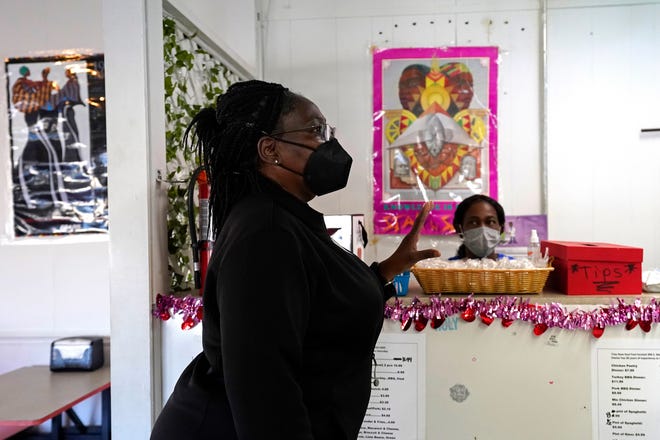Acterra, a Palo Alto-based nonprofit, hosted a webinar on Jan. 14 to educate policymakers and Bay Area residents about actions they can take in response to climate change.
The webinar, titled “Code Red for Humanity: What Municipalities Can Do,” focused on strategies cities can adopt to eliminate carbon emissions by 2030, a much higher target than to which most cities have committed.
Current climate action plans for the cities of Los Altos Hills and Mountain View do not address this goal. The recently adopted CAP for Los Altos Hills targets only a 52% reduction in carbon emissions by 2030, achieving full carbon neutrality in 2045. Mountain View also plans to achieve carbon neutrality in 2045.
Acterra recommends aiming higher.
The organization urges policymakers to look to cities such as Menlo Park and Half Moon Bay as models for city CAPs. Menlo Park’s “bold” plan includes a zero-carbon goal by 2030.
The City of Los Altos is currently developing a new CAP that aims for carbon neutrality by 2035, a goal closer to that of Menlo Park than Los Altos Hills and Mountain View. The Los Altos Environmental Commission is expected to present the plan to city council in February.
State Senator Josh Becker attended the webinar, detailing California’s current approach to mitigating climate change. He highlighted the role of small and medium-sized cities in achieving large-scale change, noting that local jurisdictions allow new policies to be tested on a small scale before they are replicated by other cities or enacted at the state level. State.
“Understand that your policies can become California law and then the law of the land,” Becker said.
Acterra has also provided resources for residents who want to take action on climate change. Recommended actions for individuals include creating a plan to electrify their homes and mode of transportation and advocating for more robust climate policy at the local level.
The effects of increased carbon in the atmosphere are already present throughout California. Rising average temperatures, worsening droughts and more frequent wildfires seen across the state can be attributed to climate change.
According to the latest report from the United Nations Intergovernmental Panel on Climate Change (of which panelist Paul Edwards, Ph.D., was lead author), global temperatures have already increased by about 1.1 degree Celsius today. The IPCC also found that the impacts of climate change will be significantly worse at a 1.5 degree rise, with a 2 degree rise much worse than 1.5, and so on. Experts warn that to mitigate the global temperature rise, humanity must act quickly.
“It’s not a problem for the future – it’s a problem for now,” Edwards said. “And we need to fix it as quickly as possible.”
To watch the recorded webinar and for more action on climate change, visit accterra.org/code-red.




